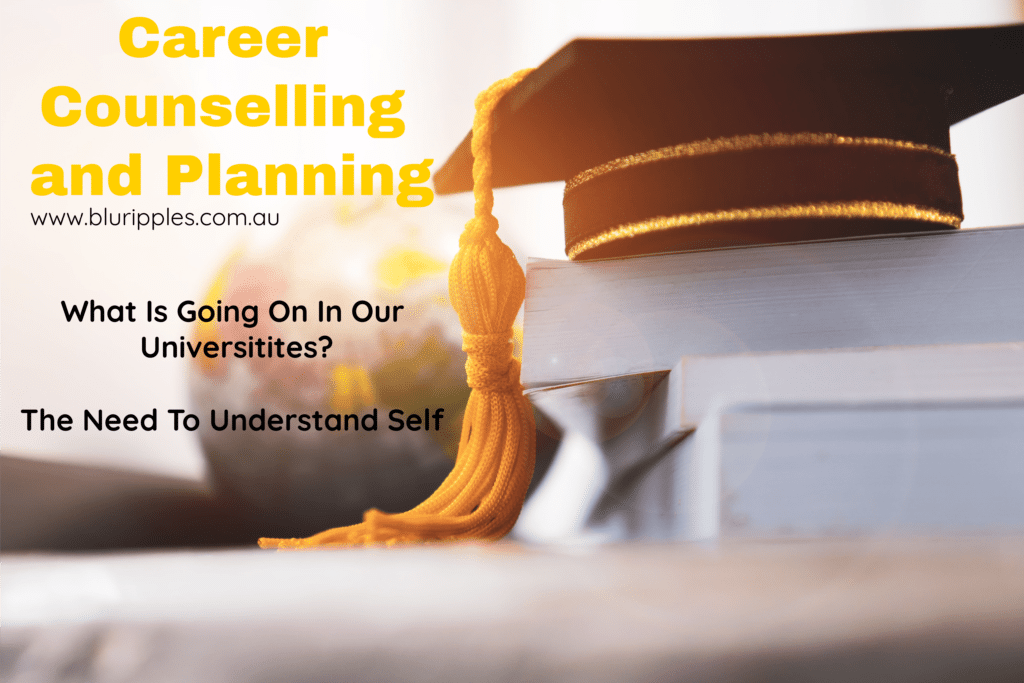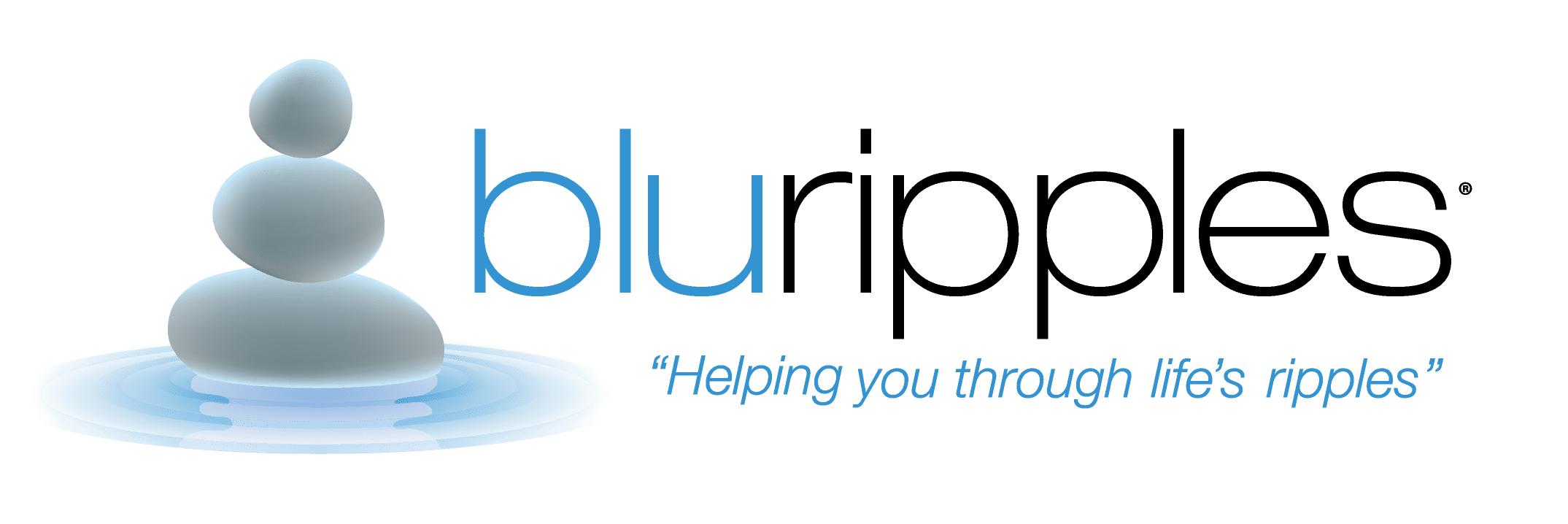
Career Counselling and Planning
A couple of months ago, one was exploring Master programs offered at a variety of Australian universities. During this process, one spoke with a contact at renowned Australian university whom shared that 53% of all students who undertake a Bachelor’s degree (in Australia) will not complete their course.
Whilst one was aware of a high dropout rate with respect to universities, one was not aware of the exact figure. Upon learning this one stated to one’s contact that this causes one to ask a lot of questions for example: –
Why is this occurring?
Is it because: –
- The universities fundamentally do not understand their target market – are they no longer relevant to the students they are trying to attract
- Entrance to university courses have become easier for anyone and everyone to get into, over the past few decades that the student demographic has changed so significantly that the average students preferred learning style is fundamentally different to the traditional students of yester year and as such the universities have not kept up with this change; or
- Prospective and current students do not fundamentally understand who they are in terms of their personality type, learning style preference, innate aptitude and strengths and thus are choosing courses based on social influence, false information and/or just pulling something out of the hat because they don’t know what else to do or where to look for information.
or possibly one of a myriad of other considerations.
Upon asking the aforementioned questions, ones’ contact went on to state that the reason there is such an issue with national and state skills shortages is that there has been a continuous and significant swing (for some time) in how individuals’ study at university. That is, the vast majority of university students are going straight into work or seeking Diploma level qualifications, gaining the necessary real-world experience and then entering university at a Post Graduate or Masters level where the time and financial investment component is less; whilst others are not opting to go to university at all because they don’t want the disruption to their lives or are simply not motivated to do so.
Ones’ contact went on to state that this is what is causing the skills shortage that we are experiencing in Australia; as there are certain occupations that mandate a Bachelor’s Degree such as GP’s, Surgeons and Psychologists and unless you have the underpinning qualifications you cannot progress or enter the industry.
From ones perspective, one agrees that yes there are mandatory bachelor requirements for certain occupations; however as a Career Development Specialist and Counsellor, with expertise in Career Counselling and Planning, it is imperative to realise that at the end of the day not everyone is suited for university and or has the desire or drive to complete a bachelors, post graduate, masters or doctorate level qualifications. This may come down to a number of reasons including a lack of self-belief or confidence in one’s abilities, financial, familial, social or environmental reasons but by no means does it mean we are less of a person because we do not hold a Bachelor’s Degree or higher.
However, the above does clearly illustrate the need for individuals, of all career life stages, to invest in quality Career Counselling and Planning Services prior to undertaking tertiary studies, be it at university or an alternative educational institution.
A qualified and nationally registered Career Development Specialist has the skills, knowledge, experience and tools to analyse your personality type, innate aptitude, learning style preferences as well as your career interests in order to establish academic and career baselines for the purpose of helping you clearly identify where you are at this point in time as well as facilitating you in the establishment of various strategies available to you in order to pinpoint and achieve your goals.
In closing, through the exploration of self, you will discover your innate capabilities and preferences which will enable you to target and select appropriate educational providers whilst minimising tertiary expenditure and time wastage; and in turn one hypothesis that universities and alternate tertiary educational providers will be more efficient in retaining student numbers.

ABOUT THE AUTHOR (2018 Version)
Katherine is the Founder of Blu Ripples a specialist Career Counselling and Consulting practice located in Port Stephens NSW. Katherine is a nationally registered Career Development Specialist and Counsellor; is a Professional Member of the Career Development Association of Australia, Member of the Australian Counselling Association. Former CDAA NSW Committee Member; Graduate of RMIT and AIPC.
Katherine has worked in private practice since 2003 and prior to that worked in the corporate sector for a period of 12 years predominantly in Human Resources and Administration.
© 2019 - Katherine Foster T/as Blu Ripples
Update 18 Feb 2024; Originally Posted 2 Aug 2019
Katherine's Photograph: 2023



